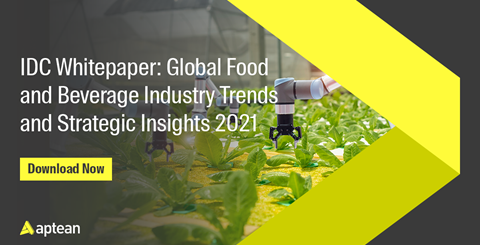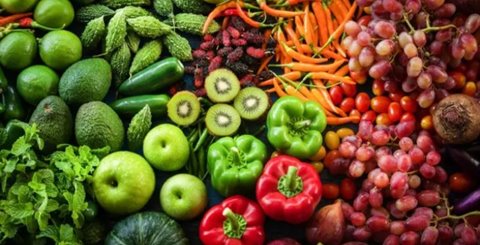How the Right ERP Can Help Food Companies Stop Waste
We’ve reached a social, economic and political threshold where the effects of the lack of a better recycling and food waste management from food companies are not only bad for the planet, but also bad for business. Food companies and distributors must find a way to address these issues and to avoid painful losses. A full suite ERP solution can help reduce food waste at every level in a food company, in every production and distribution process.
How to reduce food waste and help the planet with the right ERP solution [Infographic]
Why are food waste and recycling an issue?
Food waste occurs at various stages in the journey points from grower or producer to distribution and resale, to the final consumer. In European countries food waste amounts to as much as 150 kilograms per person, but it is above 250 kilograms in several countries. Europe, as well as the combined North America and Oceania, cause 14 percent of the world’s food waste, and industrialized Asia is responsible for 28 percent. Latin America and regions of Africa are in the single digits, between six and nine percent. While food losses worldwide are by far the largest for fruits and vegetables, they are also substantial for the costly, perishable, and better-controlled meat, eggs, and fish. Important differences in the generation of food waste are noticeable across the world’s regions.
Much of the food waste responsibility lie in the planning, resource management, production and supply chain practices of these food companies. With using the latest technological advancements in ERP solutions, many of the food recycling and waste issues can be solved. To avoid generating waste, your food company needs to ensure that what you produce has the highest possible likelihood of being sold profitably in response to real demand and within each product’s timeframe for usability.
Assess control with Quality management
Quality management is another essential way a food focused ERP can assess control at supply chain levels. With effective, firmly scheduled quality testing and results tracking, it becomes easier to elevate the quality provided by vendors and avoid quality compromises in production. Food companies can verify the quality of goods before they receive them into inventory, and only ship products that satisfy customers’ expectations for quality.
Metrics and time help recyclability
Metrics help recyclability. When applied correctly, metrics such as best before or sell-by can help food companies stay ahead of deteriorating quality and make use of sensitive items, or items that can be moved towards a recycling facility.
And time is of the essence. At decision making level, as well as organizational, timely decisions can make or break the supply chain and become critical to minimizing waste, which could have an effect on increasing profit. Food companies with low-waste operations can make usage of the reporting functions within a food specific ERP to check for stock level and stock control features to effectively adjust their processes and reduce or redistribute perishable inventories.
Streamline production with ERP
With the help of a complete and modern ERP platform, food companies can benefit from different features to streamline their production, increase recycling measures and reduce food waste:
- Verify food quality and safety measures
- Complete visibility over every aspect of the organization
- Spoilage and contamination reduction
- Decrease in raw-materials shortage and materials wasted
- Streamlined data across all organizational levels
- Adapting to food industry regulation protocols in real-time
- Improved data stock and inventory levels
- Forecasting models that prevent unnecessary over-ordering
- Maintain quality through the entire process
- Re-calls data access for pullbacks
- Resolve all packaging and labelling requirements
- Complete inventory traceability
Sources: fao.org, forbes.com, newfoodmagazine.com, greenbiz.com
Stay up to date with the latest developments
Follow our journey and stay on top of the latest news from food and technology.
 Nederlands
Nederlands English
English



